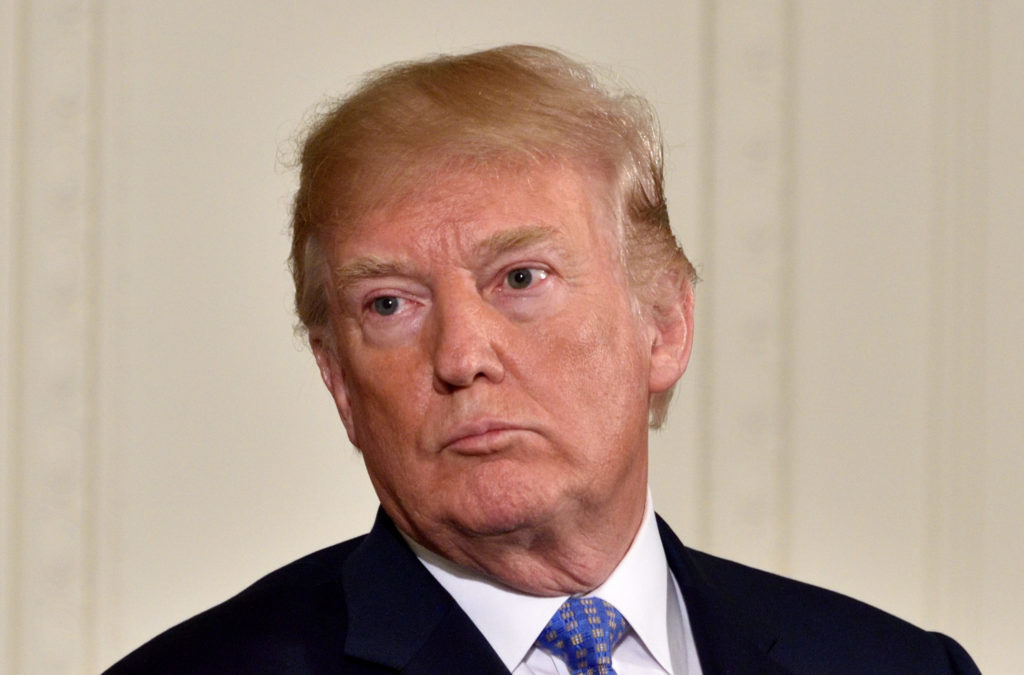No idea what they’re talking about

Something very interesting came out of the Walz/Vance debate: neither Trump nor Vance understands how the economy works, and they refuse to listen to those who do. They are two proverbial peas in a pod. Vance tried mightily to say that experts can be wrong. Of course they can. They’re human. They have, however, spent untold time on the subjects upon which they chose to focus, and it’s damned sure that they know more about it than either Trump or Vance. Vance spent much of the night trying to be likeable. It didn’t work. He came across as a “slickster.” He stood there and back-pedaled on virtually everything he said about Trump in the past, not that he could admit any of it, but the thing is Harris and Vance have practical solutions to so many of our problems whereas Trump always looks to take the easy way out. Harris’s plans will take much negotiation and work on her part to get Congress to agree to them and agree they must. A president can do little without Congress beyond executive orders. It is much easier to find a consensus among the parties. The thing that Trump will never find a consensus for is his plan to use tariffs.
Analysts and economists alike believe that Trump’s plan to set tariffs is a bad plan. Not just analysts and economists have looked at tariffs, but financial institutions have been studying them. They all come to one conclusion: tariffs can create substantial declines in job creation and a rise in consumer prices. As such, they are not considered long-term goals. Morgan Stanley (“MS”) looked at the plan to add 10% tariffs on global imports and a 60% tariff on Chinese goods. MS Economist Seth Carpenter said: “If the proposed tariffs are fully implemented, we estimate a near-term acceleration in the inflation rate and a delayed drag in GDP growth.”
The MS team further said that tariffs can create between 25% to 35% tariffs on U.S. industries should other countries retaliate. MS also shows a considerable slowdown in job growth, predicting that payrolls could drop by 50,000 to 70,000 jobs per month. This, after President Biden has slowed unemployment to record levels. Not to even mention the inflation issue. It is down from 9.1% to just over 2%. Things are heading in the right direction. All we need is a couple of stooges to blow all that up. The Peterson Institute has an even more dire prediction. Their prediction is based on Trump’s promise to deport all undocumented workers. Peterson uses a “low” number of 1.3 million. If that happens, employment could drop by 2.7%, bringing the unemployment rate right back where it was. Worse, they predict inflation will reach 6% by 2026, and consumer prices could rise 20% or even higher.
This is why you listen to experts rather than pretending to be smarter than the experts. Neither Trump nor Vance has a plausible background in economics. To Trump and Vance, their idea sounds good, but that’s primarily because Trump also fails to understand how tariffs work. Putting these two in the White House will take us right back to where we were four years ago. It’s a bad idea. Donate now
Shirley is a former entertainment writer and has worked in the legal field for over 25 years
